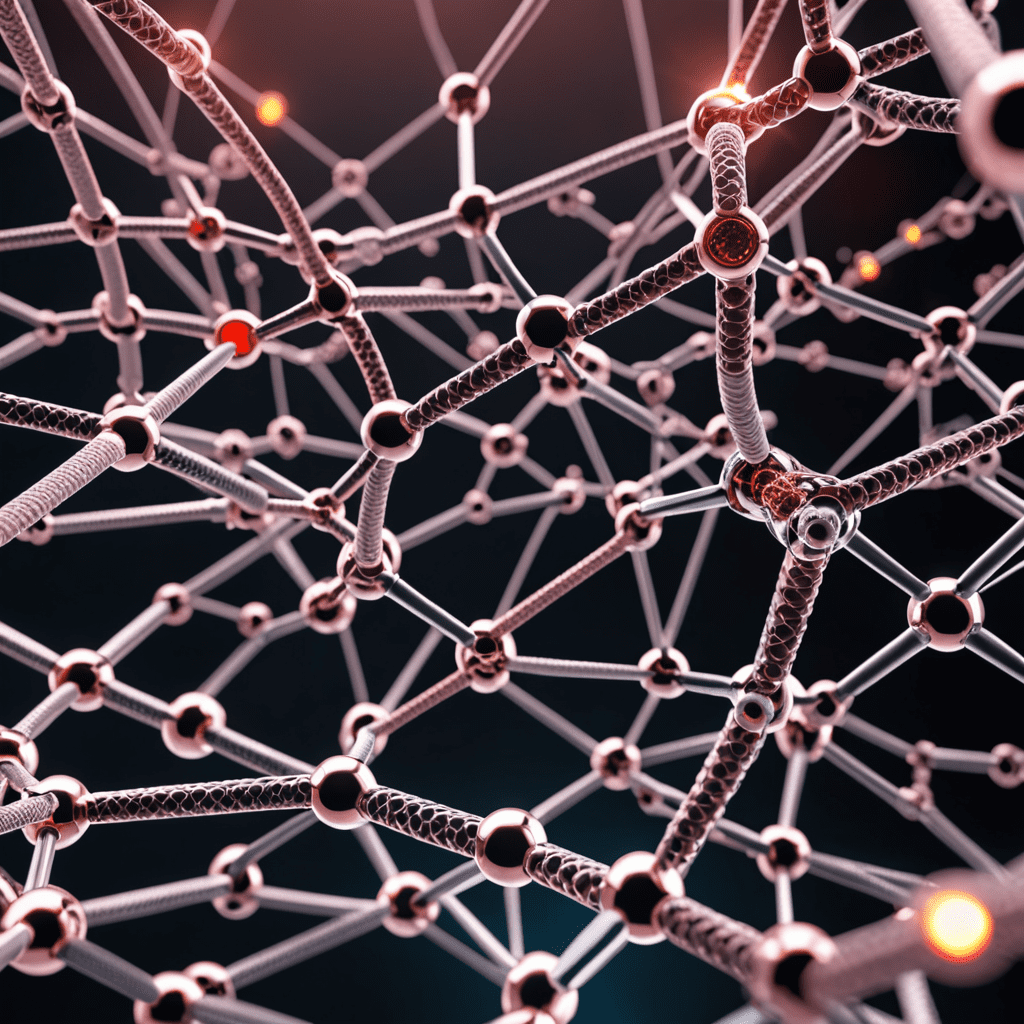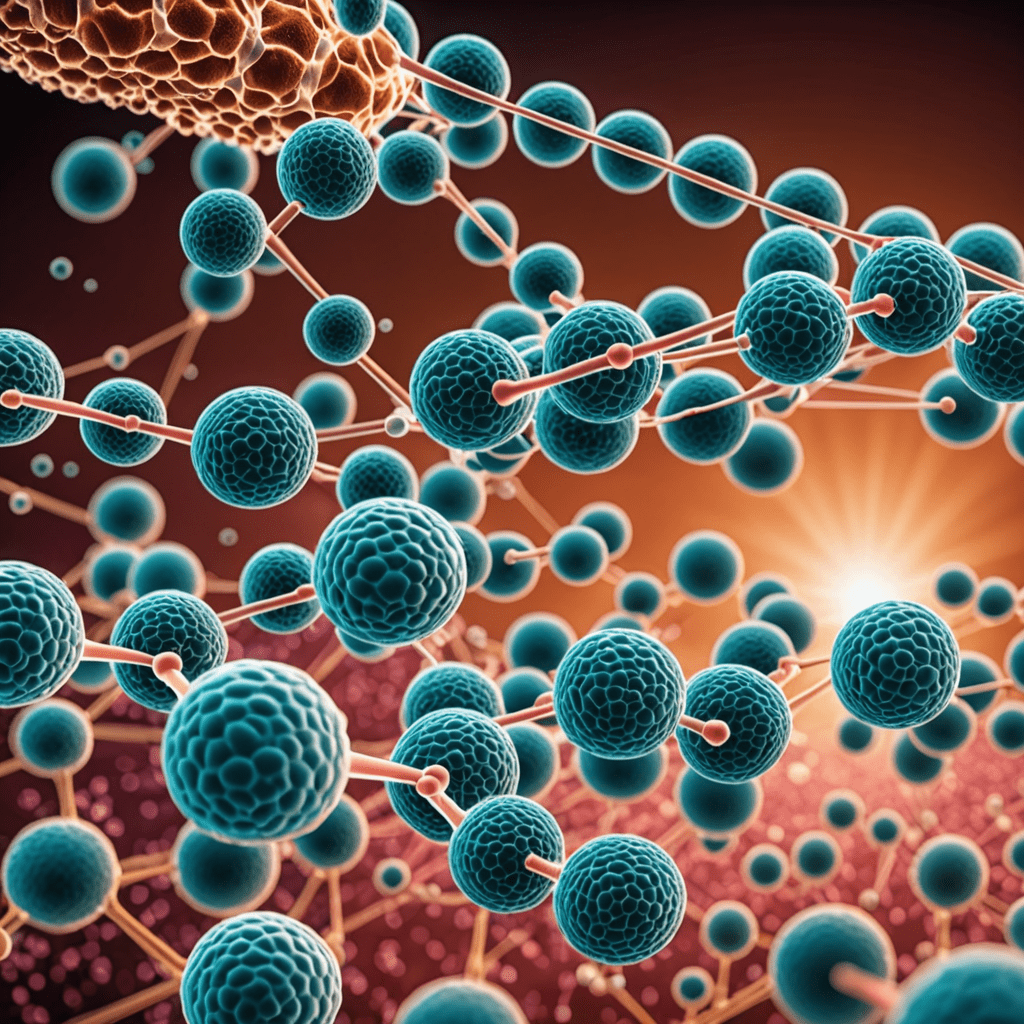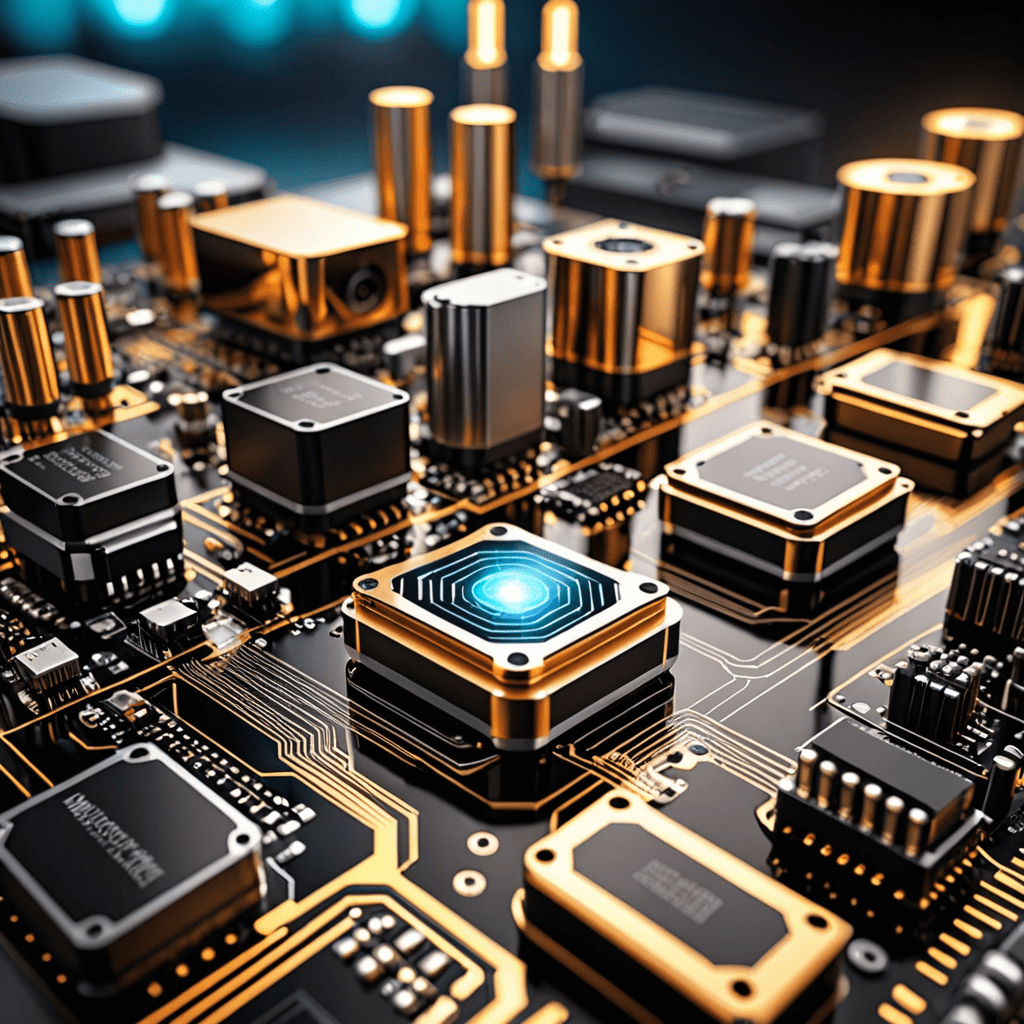
Nanotechnology in Biomedical Nanomaterials
Nanotechnology has revolutionized the field of biomedical science, paving the way for remarkable advancements in medical devices. When engineers and scientists harness the power of nanomaterials, they can create innovative solutions that enhance the effectiveness, safety, and precision of medical devices.
Understanding Nanotechnology
Nanotechnology involves manipulating materials at the nanoscale, typically ranging from 1 to 100 nanometers. At this size, materials exhibit unique properties that differ from their macroscopic counterparts. These properties can be leveraged to improve the performance of various biomedical devices.
Applications in Medical Devices
Nanotechnology is extensively used in medical devices such as biosensors, drug delivery systems, imaging agents, and implantable materials. By incorporating nanomaterials, these devices can be designed to target specific tissues, enhance biocompatibility, and improve overall efficacy.
Enhanced Drug Delivery Systems
Nanotechnology enables the precise delivery of drugs to targeted areas in the body. Nanoparticles can encapsulate and release drugs in a controlled manner, reducing side effects and improving therapeutic outcomes. This targeted approach minimizes damage to healthy tissues.
Improved Imaging Techniques
Nanomaterials have revolutionized medical imaging by enhancing contrast, resolution, and sensitivity. Nanoparticles can be designed to bind specifically to diseased tissues or cells, enabling accurate and early detection of medical conditions such as cancer.
Biocompatible Implants
Nanotechnology has led to the development of biocompatible implants that integrate seamlessly with the body’s natural systems. Nanomaterials can promote cell adhesion, tissue regeneration, and minimize inflammatory responses, making implants more durable and efficient.
Challenges and Future Prospects
While nanotechnology holds immense promise for enhancing medical devices, researchers must address concerns regarding the long-term effects of nanomaterials on the human body. Continued research and collaboration are essential to unlock the full potential of nanotechnology in biomedical applications.
What is Nanotechnology in Biomedical Nanomaterials?
nanotechnology.
Nanotechnology refers to manipulating materials at the nanoscale, which is the scale of atoms and molecules. In the biomedical field, nanotechnology is utilized to create nanoscale materials that can interact with biological systems, offering numerous applications in medicine.
biomedical nanomaterials.
Biomedical nanomaterials are nanoscale substances designed to be used in medical applications. These materials can have unique properties due to their small size, allowing them to interact with biological systems in specific ways that can be beneficial for medical devices.
How does Nanotechnology Enhance Medical Devices?
Improving Efficiency and Effectiveness.
Nanotechnology enables the development of medical devices with enhanced efficiency and effectiveness. By utilizing nanomaterials, devices can be designed to target specific cells or tissues, leading to better treatment outcomes.
Enhancing Biocompatibility.
Biomedical nanomaterials can be engineered to be biocompatible, reducing the risk of adverse reactions when used in the body. This enhancement in biocompatibility is crucial for the development of safe and reliable medical devices.
Enabling Targeted Drug Delivery.
Nanotechnology allows for the precise delivery of medications to targeted areas within the body. By using nanomaterials,


